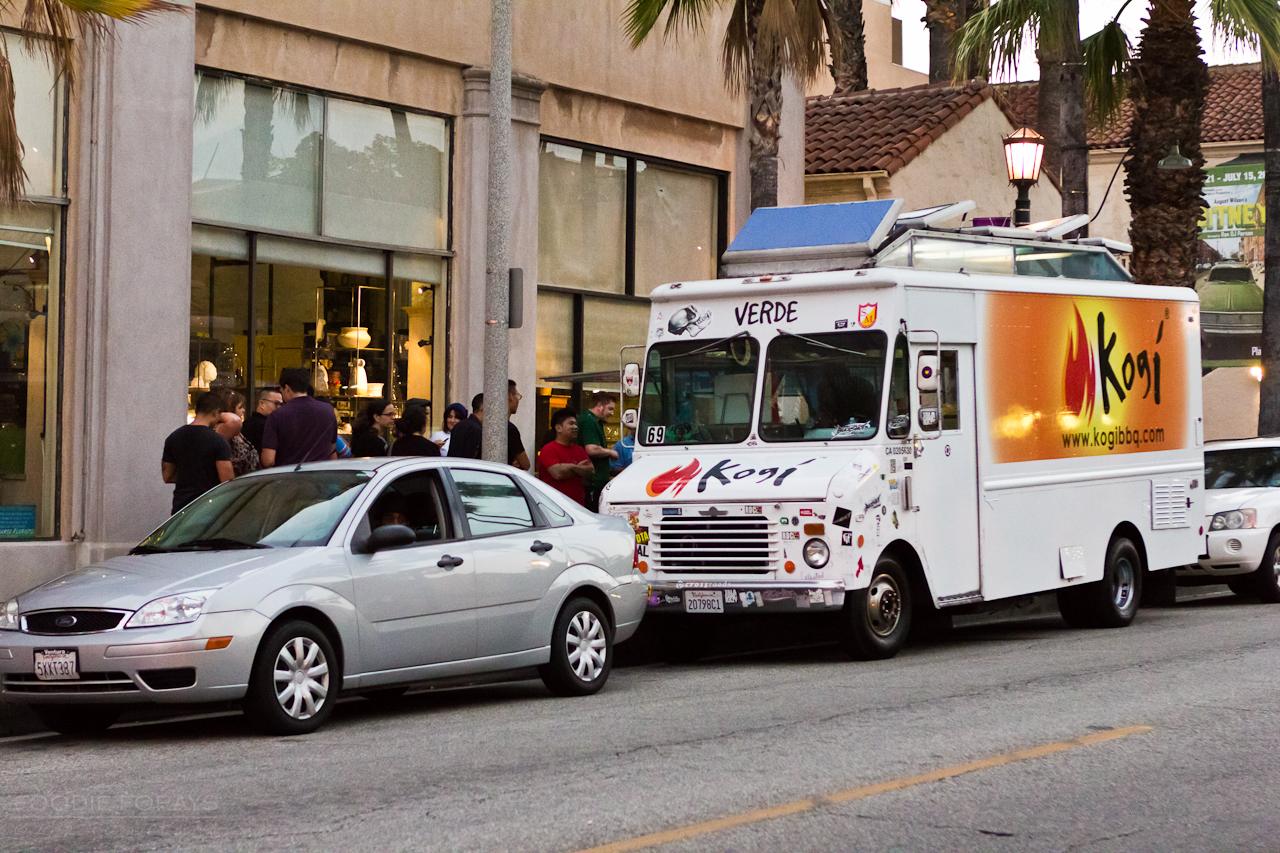Food Trucks’ Impact on CPG Innovation
A recent blog post published by SPINS, a leading provider of sales data in the natural and specialty food industry, posits that food trucks are impacting the CPG industry in a big way. Penned by SPINS analyst Gerald Oksanen, the post examines the impact of food trucks as leading incubators for culinary trends and innovation and why new CPG brands should take notice.
Oksanen writes that food trucks play a large role in exposing and promoting food trends in addition to setting their own. As an example, he cites a 2013 report about emerging cheese trends which found that grilled cheese food trucks were a key factor in exposing consumers to different cheese varieties.

Another example of food trucks’ influence on culinary trends is evident in growing demand for gourmet ethnic foods. Oksanen notes that food trucks have played an integral part in exposing dishes like pho noodles and other ethnic cuisine to U.S. consumers in regions beyond the East and West Coast, and whom might not be exposed to such dishes otherwise.
In terms of launching innovation, Oksanen says that food trucks are perfect incubators for creating unorthodoxed flavor combinations that often contribute to trend-defining dishes. Oksanen points to culinary fusion blends such as kimchi tacos, bacon-wrapped rice cakes and tempura shrimp as examples.
But what makes food trucks such beacons for innovation? Maeve Webster, the senior director of Datassential, a Los Angeles-based firm focusing on trends and analysis for the food industry, believes that a food truck operators’ ability to create innovative offerings is based in the transitional nature of the service.
“Low startup costs and an ever-changing menu meant many food truck operators could be more adventurous, offering up lesser-known and more authentic flavors, from lengua (tongue) tacos to banh mi,” Webster explains.
Moreover, the ability to try new and eclectic cuisine at an affordable price is a draw for consumers, according to Ross Resnick, the founder of Roaming Hunger, a website reporting on all things street food. In an article published by Business Insider, Resnick also notes that the convenience of food trucks has attracted a growing number of busy and on-the-go customers.
The rapid ascent in interest and demand for food trucks has pulled well-known restaurant and fast food chains like Taco Bell, Sizzler and Auntie Anne’s into the mix. Each has launched food trucks of their own as a way to test new products and reach new demographics.
Current statistics from industry research provider, IBISWorld, pegs the food truck industry at $857 million, with an annual growth rate of about 9.3 percent projected for the next 10-15 years. Despite their popularity, unfavorable regulatory conditions in some cities (Chicago requires food trucks to park 200 feet away from any restaurant) have limited industry growth, but lower startup costs as compared to new brick and mortar restaurants will continue to encourage new entrepreneurs to take on the feat and to continue the innovation.













